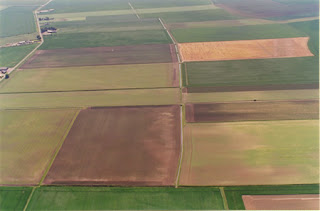Fens for you...

A weblog designed to share Geography resources with students and colleagues


I am playing around with flickr to label photographs. I'm thinking about this for revision homework, particularly for Higher. For topics such as Lithosphere or rural this would be really valid. We have spent the last week, for instance, talking about the field layout, farming system and settlement patterns associated with shifting cultivation and intensive peasant farming- all from web images. What this allows us to do, providing we have a flickr account, is label the photos ourselves. It's very simple to do, and if you click on the picture to link to the original, and then hover over it with the cursor, you'll see the result. Incidentally, I have one of my brother's to thank for the photographs. He is a mad keen photographer, and you could have had Berlin, Brussels, Prague, Switzerland etc....I gave you the Campsie Fells. Apologies :-s




Categories: Environmental Hazards, Advanced Higher

 Categories: s1 and s2, Rural, Advanced Higher
Categories: s1 and s2, Rural, Advanced Higher


Categories: Advanced Higher


Cartoon by Dave Walker. Find more cartoons you can freely re-use on your blog at We Blog Cartoons.



